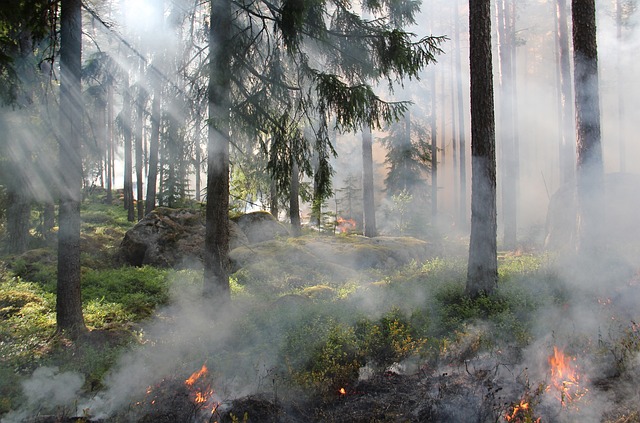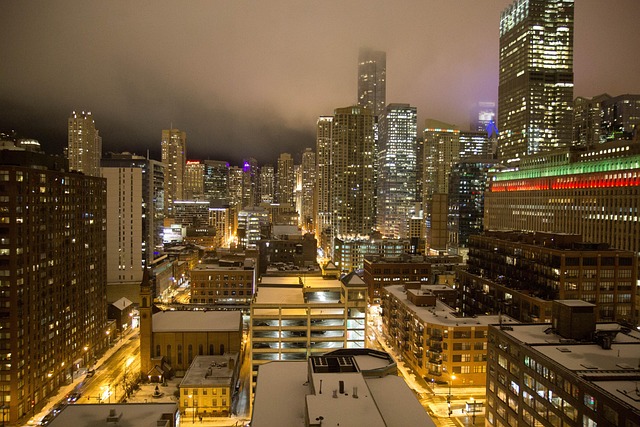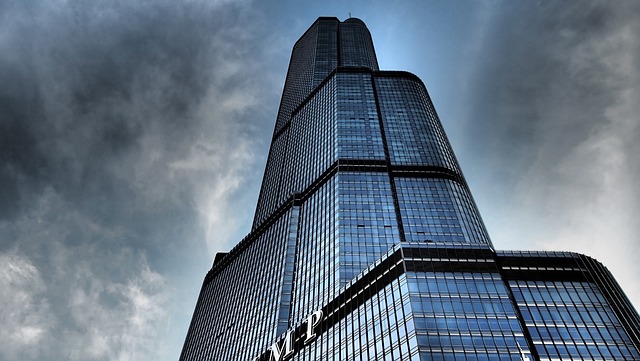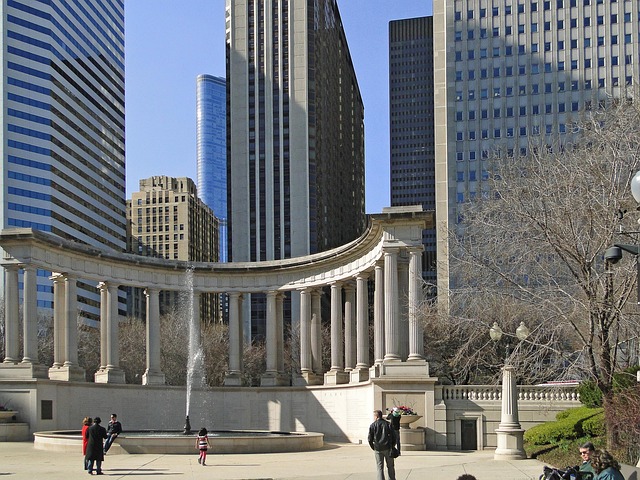Selling a fire-damaged house in Chicago involves a complex process that goes beyond physical repairs, considering emotional impact, investment potential, and varying real estate markets. Professionals assess damage, document it, and negotiate with insurers and buyers to reach fair agreements. Key areas of inspection include kitchens and attics, while smoke damage significantly impacts resale value. Local real estate specialists guide homeowners through the process, providing knowledge of market dynamics and post-disaster recovery trends. Efficient documentation and insurance claims submission are crucial for legal compliance and fair selling. A strategic approach involving meticulous assessment, effective marketing, disclosure, and negotiation is essential to successfully sell fire-damaged properties in Chicago.
After a devastating fire, property valuation in Chicago becomes a complex process. This article guides homeowners through the intricacies of post-fire assessments, offering insights into understanding and navigating this challenging scenario. We explore key aspects, from identifying fire damage to legal considerations and insurance claims. Additionally, we provide practical strategies for selling a fire-damaged house in Chicago, ensuring a smooth transition back into the real estate market.
- Understanding Post-Fire Property Valuation: A Chicago Perspective
- Assessing Fire Damage: What to Look For in a Chicago Home
- The Role of Local Real Estate Experts in Post-Fire Evaluations
- Legal Considerations and Insurance Claims for Fire-Damaged Properties
- Strategies for Selling a Fire-Damaged House in Chicago
Understanding Post-Fire Property Valuation: A Chicago Perspective
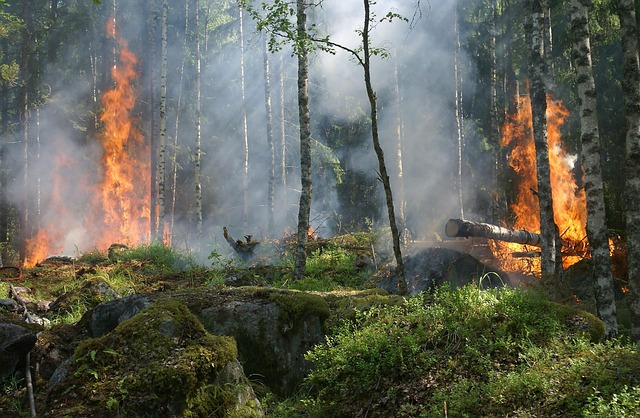
After a fire, determining the value of property in Chicago becomes a complex process. It’s not merely about the physical repairs needed—it involves assessing the emotional impact and potential for future investment. In Chicago, with its diverse neighborhoods and varying real estate markets, post-fire property valuation is a nuanced art.
When considering selling a fire-damaged house in Chicago, it’s crucial to understand that insurance claims only cover reparable costs. An appraiser will evaluate the remaining structure, its age, location, and market trends to estimate the value of what remains. This process requires meticulous documentation and often involves negotiating with insurers and buyers to reach a fair agreement for both parties, ensuring a smooth transition for the property’s future ownership.
Assessing Fire Damage: What to Look For in a Chicago Home
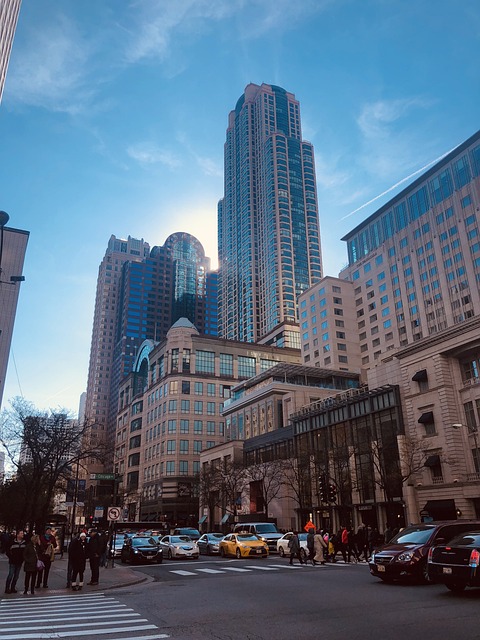
When assessing fire damage in a Chicago home, professionals look for several key indicators to determine the extent of the loss. Exterior damage, such as charred siding or blackened windows, is often visible evidence of a fire’s intensity. Interior inspections reveal more subtle signs, including water stains from firefighting efforts and charred insulation or wiring.
Specific areas to scrutinize include kitchens, where fire can leave behind significant smoke and soot damage, and attics, which may exhibit blistering or warping of shingles due to heat exposure. The presence of smoke damages can greatly impact a home’s value after a fire, as it often leads to odors, discoloration, and even health risks that require extensive restoration work for potential buyers considering to sell fire damage house Chicago.
The Role of Local Real Estate Experts in Post-Fire Evaluations

When a fire strikes, the immediate focus is on safety and containment. However, once the danger has passed, understanding the role of local real estate experts becomes crucial for Chicago residents looking to navigate the complexities of selling a fire-damaged property. These professionals are equipped with in-depth knowledge of the local market dynamics and post-disaster recovery trends, making them indispensable assets for homeowners facing this challenging situation.
Real estate specialists in Chicago have extensive experience dealing with fire damage assessments and know how to present a home’s remaining value accurately to potential buyers. They can guide owners through the process of documenting repairs needed and help negotiate with insurance companies, ensuring that the property is fairly valued after the fire. Their expertise in the local area enables them to assess not only the physical damage but also the impact on surrounding neighborhoods, which is vital for determining a post-fire property’s resale potential.
Legal Considerations and Insurance Claims for Fire-Damaged Properties

After a fire, property owners in Chicago face numerous challenges, including navigating legal considerations and insurance claims. It’s crucial to understand that selling a fire-damaged house involves unique complexities. Local regulations and building codes often dictate the extent of repairs required before a property can be considered market-ready, impacting both the timeline and cost of the recovery process.
Insurance claims for fire damage in Chicago require meticulous documentation and communication with insurers. Property owners must keep detailed records of all damages, from structural integrity issues to personal belongings lost or damaged in the blaze. Promptly submitting these claims is essential, as it triggers the insurance company’s assessment and compensation process. This, in turn, facilitates the owner’s ability to either rebuild or sell the fire-damaged house, ensuring a fair and legal transaction for all parties involved.
Strategies for Selling a Fire-Damaged House in Chicago

Selling a fire-damaged house in Chicago requires a strategic approach to navigate the challenges and market conditions unique to such properties. The first step is to thoroughly assess the extent of damage, engaging professional estimators for accurate figures. This process helps set realistic expectations for potential buyers, who often seek transparency regarding repairs needed.
Marketing becomes crucial; highlighting the property’s potential for renovation can be an effective strategy. Emphasizing location, as with any real estate, is key. Chicago’s vibrant neighborhoods and desirable amenities can outweigh the effects of fire damage. Offering comprehensive disclosure and being open to negotiation are essential to attracting buyers who understand the unique circumstances and are willing to invest in a property with historical resilience.
Post-fire property valuation in Chicago involves a complex interplay of assessing physical damage, understanding legal frameworks, and leveraging local expertise. As you navigate the process of selling a fire-damaged house in Chicago, remember that professional guidance is invaluable. By working with real estate experts and understanding your rights regarding insurance claims, you can strategically move forward to sell your property efficiently, ensuring a positive outcome despite the challenges. This comprehensive guide equips homeowners with knowledge to make informed decisions when confronting post-fire property valuation in Chicago.


